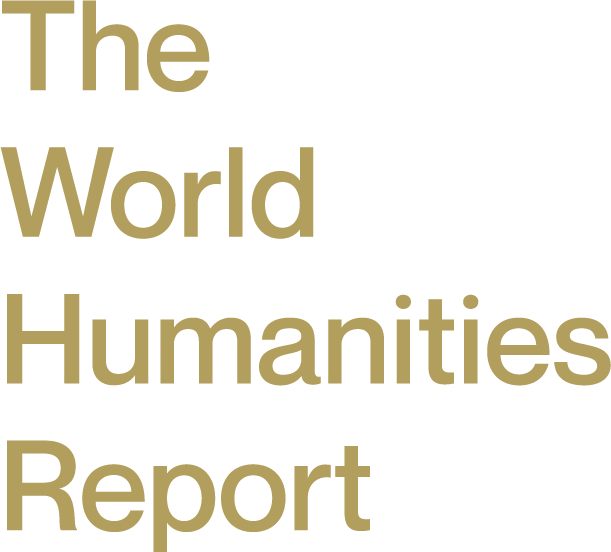Keyword: Race and Anti-Racism
Recommendations
Address Inequality
Ensure that heterogenous voices are heard in all areas of research and teaching in the humanities; question gaps in knowledge, limits to access, ongoing racism and gender exclusions, and inequalities in value in order to establish and sustain inclusive practices.
Essays
Chapter 1.4 – Ethnic Minority Literature in China
Chapter 1.3 – Contemporary Chinese Literature
Chapter 1.2 – Modern Chinese Literature
Chapter 5.1 – Comparative Literature and Cultural Studies in China
The Multiple Habitations of the Humanities in South Asia
Staying Relevant, Staying Committed: Publishing Margins in India
Understanding the Muslim Predicament in Contemporary Sri Lanka: Contribution of the Social Sciences and Humanities
From the “Indian Women’s Movement” to “Intersectional Feminists”: Humanities Categories in Indian Feminism
Performers Meet the Humanities: Underground Activists Shaping the Overground Humanities in India
Critical Thought in the Time of Digital Technology: The Case of Feminist and Anticaste Activism on Social Media
“Making Memory”: Historical Memory in Colombia and Its Legacies
Memory Breaks the Everyday Habit of Invisibilizing Others
To Hear the Other’s Pain without Being Shipwrecked in Horror
Rehumanization Must Be Memory’s Task
Toward an Undisciplined Listening
Giving a Place to the Dead and Reassembling the Present
Humanities That Heal, Objects That Remember
Memory Work Needs to Be Infused with the Power of Imagination
The Beauty of Liberatory Memory Work Is in the Ceremony
Border Crossings: Arab Humanities at Home and Abroad
Critical Humanities in the Arab Region: Trends and Futures
Dalit Ideas: The Politics of Knowledge in North India
Humanities Practices and Voices at the Margins: National Consciousness and the Crisis of Belonging in Indian Anglophone Muslim Novels
From Theology to the Arts: Dalit Resistance Culture in Tamil Nadu
Unpacking Patriarchies: Feminism and the Humanities in India

 View PDF
View PDF